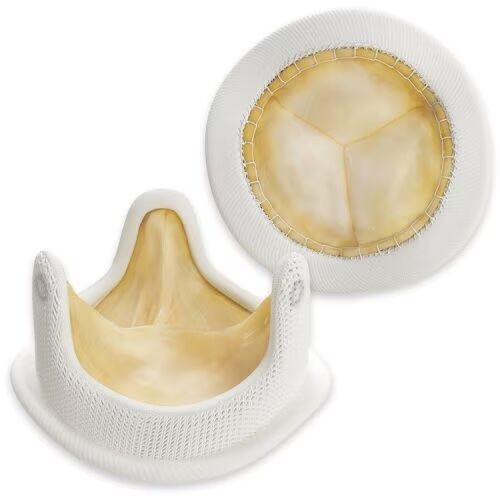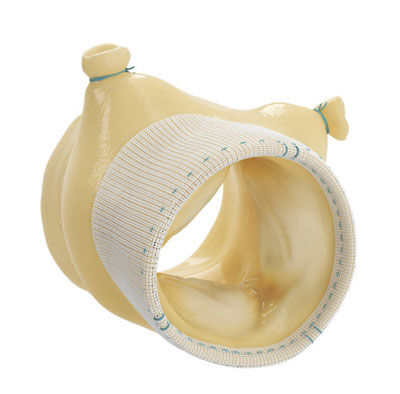Are There Any Adverse Effects Of Pig Valves?
Written By: Adam Pick, Patient Advocate, Author & Website Founder
Page Last Updated: July 9, 2025
It’s one thing to be diagnosed with a heart valve disorder. It’s another thing to be told that your heart valve problem has worsened and you need heart valve surgery.
I remember that moment all too well. I also remember the next set of thoughts that raced through my mind as my cardiologist gave me the sixty-second overview on heart valve replacement surgery. Questions immediately raced through my mind as the cardiologist spoke to me about open heart surgery and my diseased aortic valve.
- Who will be my surgeon?
- What surgical option should I choose?
- When should I schedule heart valve surgery?
For patients requiring heart valve replacement surgery, another question that arises is, “Which valve should I select for my replacement? What are the pros and cons of that replacement valve type?”
As you are probably aware, there are several types heart valve replacements – cow valves, pig valves, mechanical valves, human donor valves (homograft), and your own valve (an autograft used for the Ross Procedure).
Recently, I received an email, that focused on the biological valve replacement alternatives from animals – including cow and pig valves. The question was simply, “Adam, what are the adverse effects of pig valves?”
Before answering the question, you should know a little bit about pig valves. First off, the more scientific name for pig valves are porcine valves. That’s not a critical point but it does sound a tad better.

You should also know that a pig, by some strange twist of evolution, has a heart that is approximately the same size of a human. Thus, the pig’s valve makes a suitable replacement in the human heart.
And… Yes. Yes. Yes. Pig valves are chemically treated for human use.
For example, Medtronic, one of the largest manufacturers of pig replacement valves, treats their porcine valves with two tissue technologies called the Medtronic Physiologic Fixation process and AOA tissue treatment. (AOA stands for: alpha amino oleic acid). Studies have shown that the Physiologic Fixation process helps to preserve the structure and function found in fresh aortic valves. AOA tissue treatment has been shown in animal studies to result in significant reductions in calcium deposits on the valve.

As shown above, the Medtronic Freestyle Pig Valve is called a stentless valve because it is made without a flexible plastic frame, called a stent. It includes the porcine (pig) valve and a portion of the pig’s aortic root. During manufacture, part of the Freestyle valve is covered with fabric to reinforce the tissue. The Freestyle valve more closely resembles a natural heart valve, and, because of its stentless design, offers efficient blood flow very similar to a person’s natural valve.
As to the adverse effect of pig valves… I have not found much literature that refutes the scientific and lifestyle benefits of a porcine valve. The key challenge, or con, for selecting a pig valve, however, may be durability. Compared to mechanical valves made of synthetic materials, the life of a pig valve may not be as long. Several reports suggest that a pig valve may only last up to 15 years in the patient because the valve leaflets calcify and degenerate. This can lead to collapsed pig valve in the heart. However, recent studies are beginning to challenge that adverse effect of pig valves.
Reports suggest that since younger patients have a greater calcium metabolism, bioprosthesis (animal valves) tend to last best in senior citizens. Once a bioprosthesis is implanted, the valve itself does not require any type of anti-coagulant drugs (Coumadin). The degeneration is simply a gradual process, as it grows with the body.
Related Links:
- Pig Valve Replacements: Top 10 Facts Patients Should Know
- Cow Valve Replacements: Important Patient Information
I hope this helps share some ideas about the adverse effects of pig valves.
Keep on tickin!
Adam
|
Porcine Valve says on August 27th, 2007 at 9:57 pm |
|
[…] Recently, I completed some research about porcine valve replacements for my book. Click here to read a prior blog titled “The Adverse Effects Of Pig Valves“. […] |
 |













